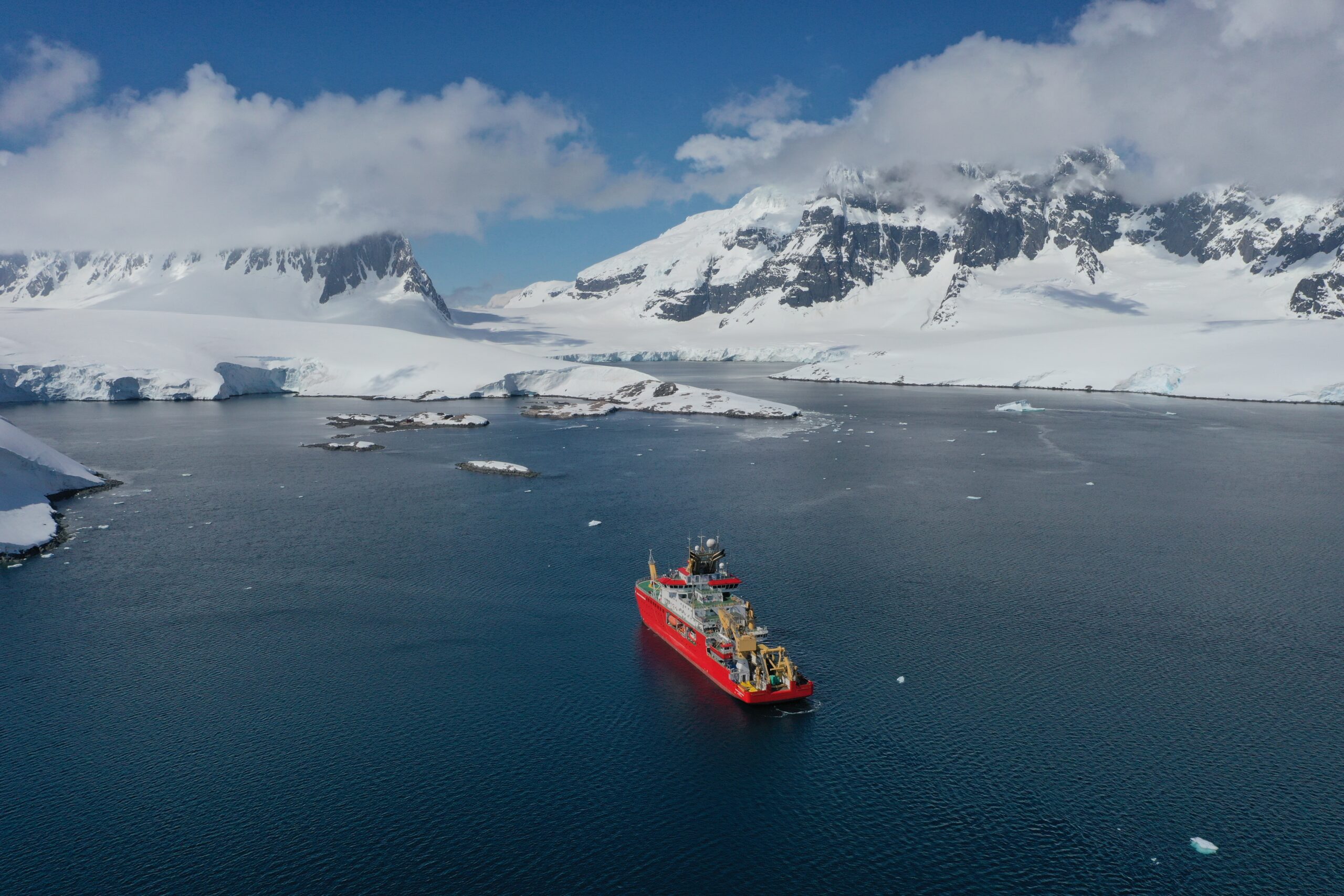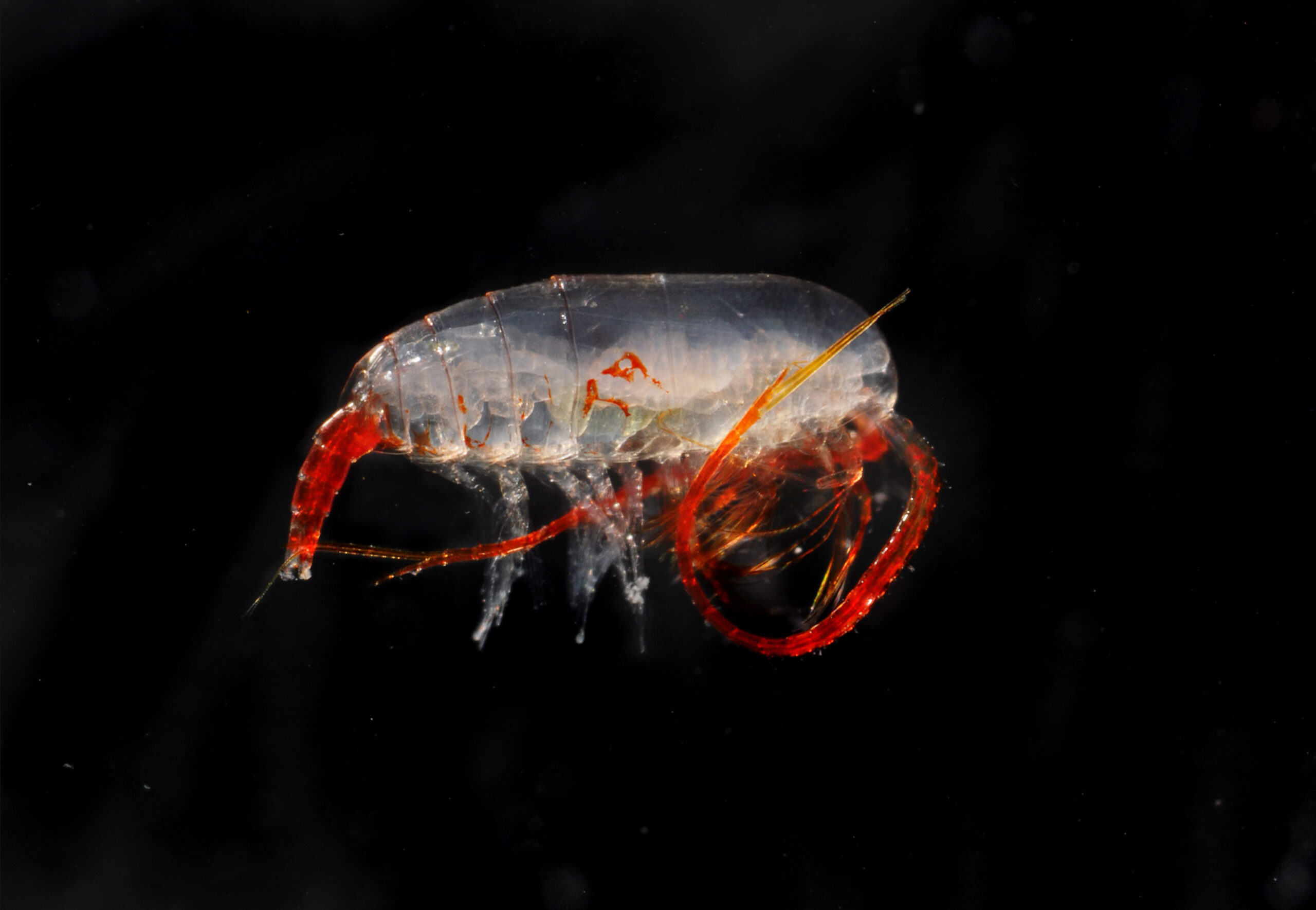Scientists return to the Southern Ocean this week (5 February 2025), as part of the BIOPOLE project, to answer fundamental questions about how nutrients drive the global carbon cycle and ocean ecosystems. Their results will help us understand how sensitive these ocean processes and ecosystems are to climate change. This will allow us to improve how well we can predict the future health of the oceans and their ability to absorb carbon from the atmosphere.
Onboard the UK's polar research ship RRS Sir David Attenborough, an international team of researchers will use the ship's state-of-the-art scientific equipment and laboratory facilities to undertake an intensive programme of scientific investigation over 51 days at sea.

The research mission is deliberately timed in the late Antarctic summer to autumn period, to coincide with the large seasonal migration of zooplankton into the deep ocean, where they spend winter. In migrating to the deep, these creatures play an important role in transporting carbon into the ocean depths, a process known as carbon sequestration, and a key focus of the project called BIOPOLE.
Scientists will sample water at various depths using Conductivity, Temperature, and Depth (CTD) profilers and other instruments to investigate flows of nutrients from sea ice ecosystems and ocean upwelling processes. They will also collect samples of plankton - tiny marine plants and animals – to investigate how these organisms process nutrients and deploy nets to capture and study Antarctic krill, a shrimp like crustacean that's at the hub of the Antarctic food chain.
Dr Nadine Johnston, a marine ecologist at British Antarctic Survey and member of the BIOPOLE project says:
'We are thrilled to be returning to the Southern Ocean with an international and truly multidisciplinary team of researchers on the RRS Sir David Attenborough. This research mission will vastly improve our understanding of how the Southern Ocean's ecosystems regulate carbon and nutrients in the world's oceans - filling in critical gaps in science knowledge.'

In the ocean around the sub-Antarctic island of South Georgia, scientists will carry out oceanographic and biological surveys, as part of BAS' long term monitoring programme Polar Ocean Ecosystem Time Series. This will involve measuring the distribution of krill to monitor how the environment varies over time and understand the links with predators.
BIOPOLE is an interdisciplinary research programme funded by the Natural Environment Research Council (NERC) examining biogeochemical processes and ecosystem function in polar ecosystems.
Listen to our latest episode of Iceworld, featuring BIOPOLE researchers Dr Emily Rowlands and Laura Taylor.
Keep up to date on this season's science via social media channels by following #SDAscience






